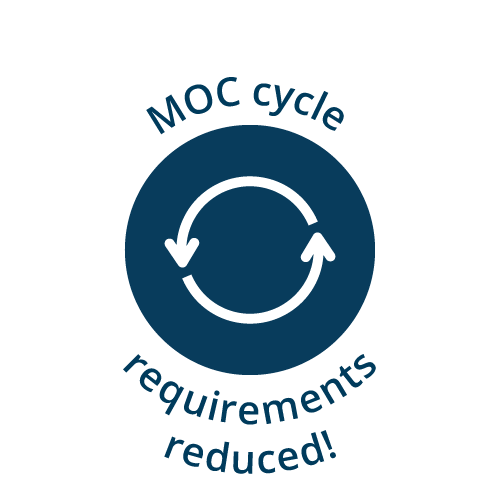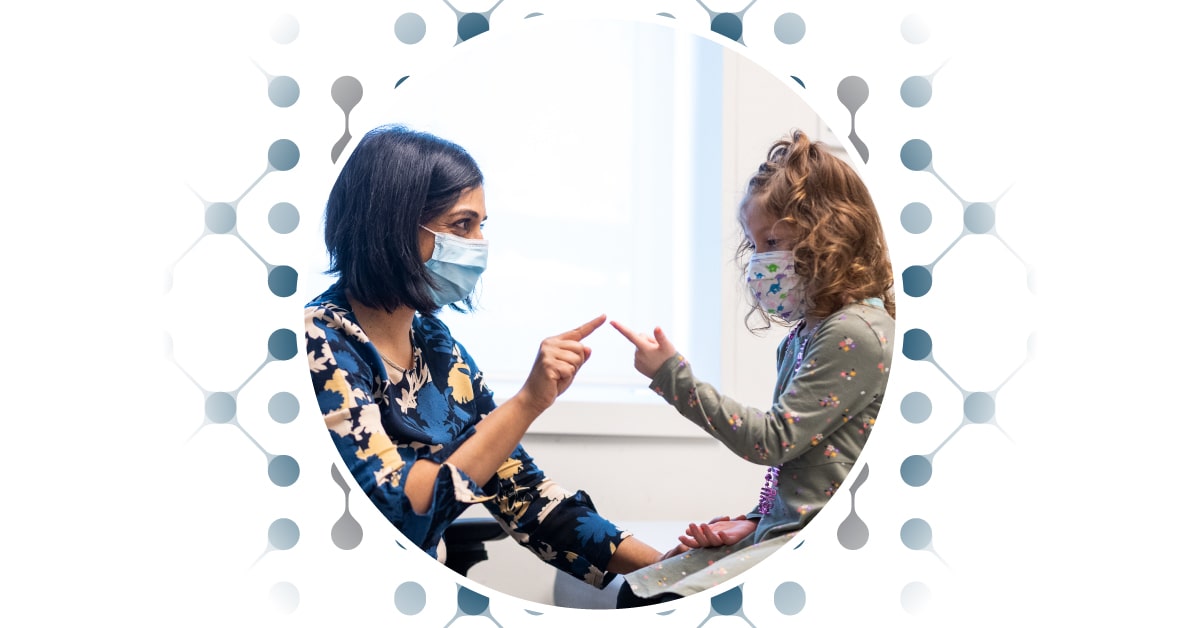- My MOC
- Directory
Menu
 2 MIN READ
2 MIN READ
Coming soon: “MOC Learn and Connect” virtual learning series will provide an overview of all MOC Program changes
We’re evolving the Maintenance of Certification (MOC) Program to better serve you. Last September, we announced some of the exciting developments that are underway. The prioritization of member well-being was a primary driver of change — we understand you learn every day and the time spent recording your learning is not the most effective use of your time.
Member feedback was another driver of change. We heard from you that the five-year cycle requirements were onerous, MAINPORT is no longer a user-friendly tool and reporting learning activities needs to be easier. You also wanted more flexibility in the types of activities captured in the framework to represent the learning you already do.
We've applied this feedback and are implementing the following improvements to the MOC Program for you.
We are refreshing the framework and expanding the list of applicable learning options in all sections to provide more flexibility.

The refreshed MOC Framework will come into effect later this year.
Here are a few highlights of some of the additions to each section.
Section 1: Patient-partner learning, case-based discussions, resuscitation courses
Section 2: Education content review, individual task training, activity preparation (previously Personal Learning Project-PLP)
Section 3: Feedback received, feedback delivered, unaccredited simulation activities, coaching/mentoring, quality improvement (QI) initiatives (individual/group), adverse event reporting, committee work
Through feedback, we learned that you wanted more MOC Program support, so we’re pleased to launch “MOC Learn and Connect” as part of our education strategy. “MOC Learn and Connect” will feature videos, stories and virtual learning events to help you navigate all things MOC. More information will be available in the coming weeks!

We will guide you through the next steps as we introduce more improvements. For now, enter your learning activities in MAINPORT as you normally would – we’ll transfer your credits from MAINPORT to the new platform (reminder that the new MOC cycle requirements will only be reflected in the new platform). Don’t forget to complete the activities in your Holding Area as well. When we are ready to launch and transfer credits, you will receive notice and be unable to enter credits until the new platform is available. More information will be provided at that time.
Questions? Contact the Royal College Services Centre at 613-730-6243, 1-800-461-9598 or cpd@royalcollege.ca.